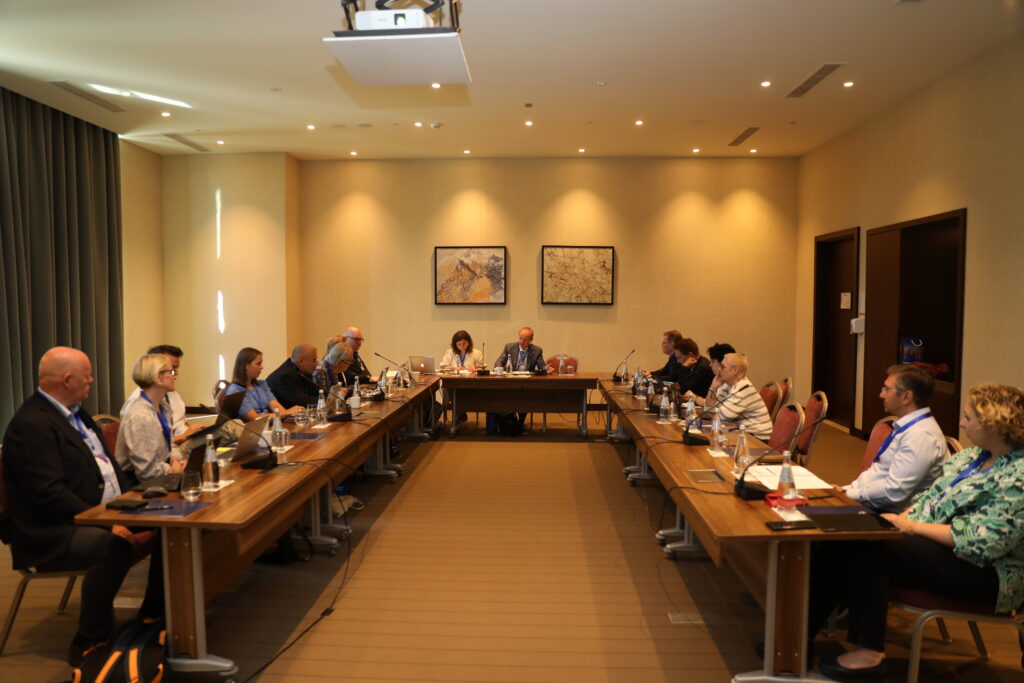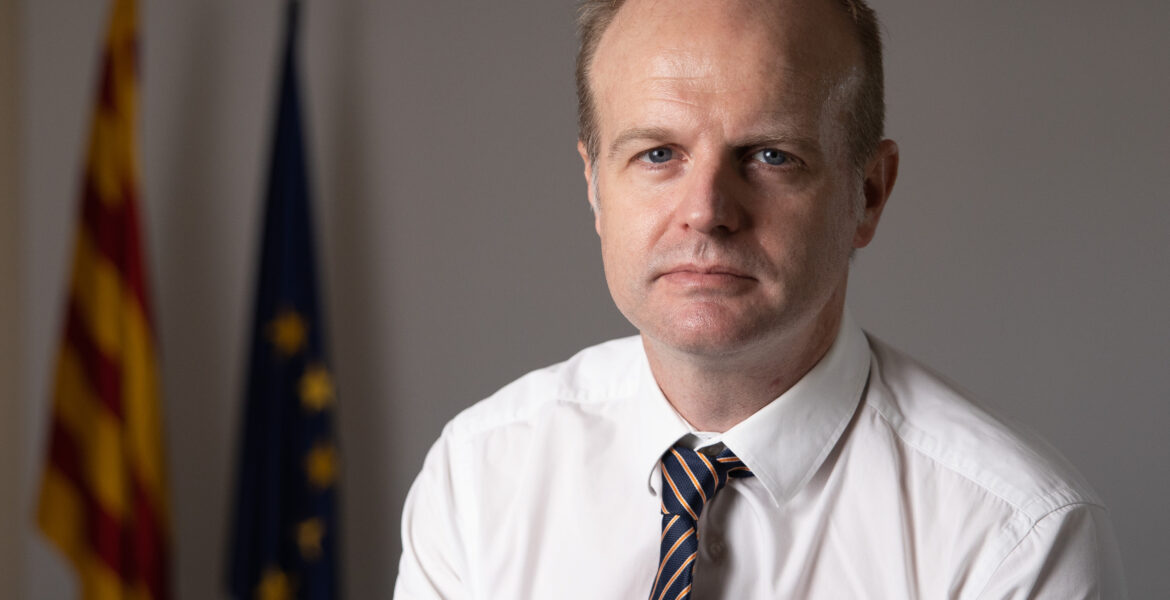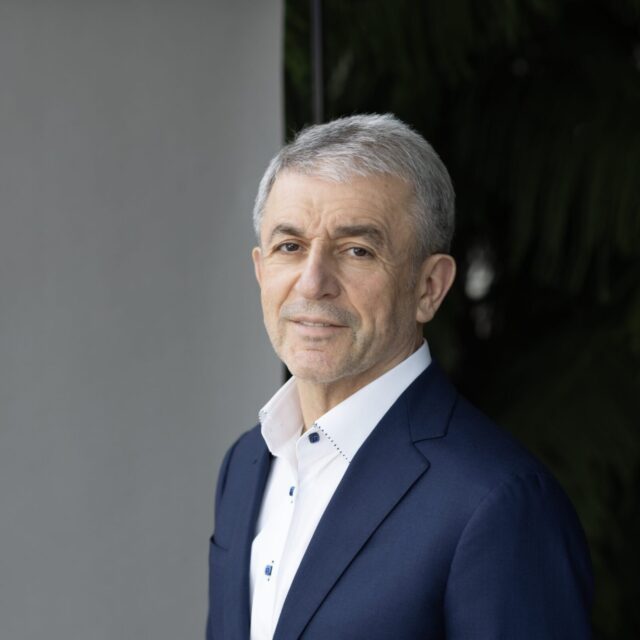An interview with Albert Castellanos, the President of the Assembly of European Regions (AER).
Q). What are the main priorities of your Presidency of AER?
A). As President of AER, my main priorities are to serve as a strong advocate for regional interests in Europe, especially during this new legislative term. We aim to address the diverse needs of all our members, ensuring their voices are heard at the European level. Additionally, we want to strengthen economic and business cooperation among our regions. By fostering closer ties and facilitating collaborative projects, we can drive economic growth and innovation across our network, benefiting all members.
Q). Do you anticipate any major changes after the European Parliament elections? Will there be an increased importance for the regions?
A). If we look at past experiences, regional interests still face significant challenges in European decision-making and policy design. While we always hope for greater recognition and inclusion of regional perspectives, the reality is that this advocacy work will likely become more challenging in the coming years. The regions must continue to assert their importance and demonstrate their value in shaping a balanced and inclusive European future.
Q). What are your impressions from this year’s AER congress in Ajara?
A). This year’s AER General Assembly in Ajara left a very positive impression on everybody, we saw the approval of the Multi-Annual Strategy and hosted the Black Sea Summit, both of which were major milestones. There was a high level of participation from different regions, that underscored the commitment to our shared goals. Ajara’s hospitality was extraordinary, and their recent development in infrastructure and economic growth was inspiring. It was clear that the region has made significant progress, which provided a fantastic backdrop for our discussions

Q). What are the major challenges facing AER?
A). One of the major challenges for AER is to increase our influence and visibility within Europe. This is essential for effectively advocating for regional interests. Providing more value to our members is another critical challenge. We must ensure that our initiatives and programs meet their evolving needs. In addition, we must make the most of our position as a pan-European regional network. This means not only connecting regions across Europe, but also enhancing our role as a facilitator of best practices, innovation and collaboration.
Q). Will AER increase efforts to promote international-regional cooperation, and do you see an enhanced role for communications in this respect?
A). Of course. Promoting international-regional cooperation is one of the top priorities of my Presidency. Effective communication will be crucial in this effort. If we improve our communication strategies, we will be better able to highlight successes, best practices and opportunities for collaboration within our network. In addition, we must equip ourselves with the best tools to facilitate collaboration between the public and private sectors. Improved communication will help fill gaps, foster partnerships and ensure that all stakeholders are involved and informed.
Q). How do you plan to reach out to the new candidate countries for EU accession?
A). Engaging new candidate countries for EU accession will require strategic regional diplomacy and cooperation. As a pan-European regional network, AER is well-positioned for this role. We aim to involve these countries through European projects coordinated by AER. These projects are excellent platforms for fostering mutual understanding, identifying collaboration opportunities, and promoting joint initiatives. By doing so, we can help these candidate countries integrate more smoothly into the EU framework and contribute to the collective growth and stability of Europe.
Q). Do you see a role for the AER in supporting efforts to implement the EU’s Green Deal at the regional level?
A). Yes, AER can significantly support the implementation of the EU’s Green Deal at the regional level. Our focus will be on fostering European projects that identify and share best practices, promote interregional cooperation, and drive sustainability initiatives. Furthermore, our advocacy work will aim to raise awareness about the importance of regional perspectives in achieving the Green Deal’s objectives. Taking into account regional specificities, such as different levels of industrialization and population density, is crucial to address the unique needs and opportunities of different regions.
Q). If you can achieve one objective during your Presidency, to leave a legacy for the future, what would that be?
A). If I could achieve one objective during my presidency, it would be to transform AER into a much more dynamic organization with greater European recognition and an even broader network than we currently have. This legacy would mean that AER has become an even more useful actor in defending and promoting European regional interests. A more dynamic AER would mean enhanced engagement with our members, more impactful projects and a stronger presence in European policymaking. Achieving this would demonstrate that we have successfully advanced our mission, leaving a lasting impact on the regions we serve and setting a solid foundation for future growth and success.




